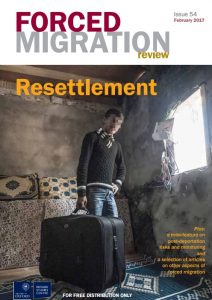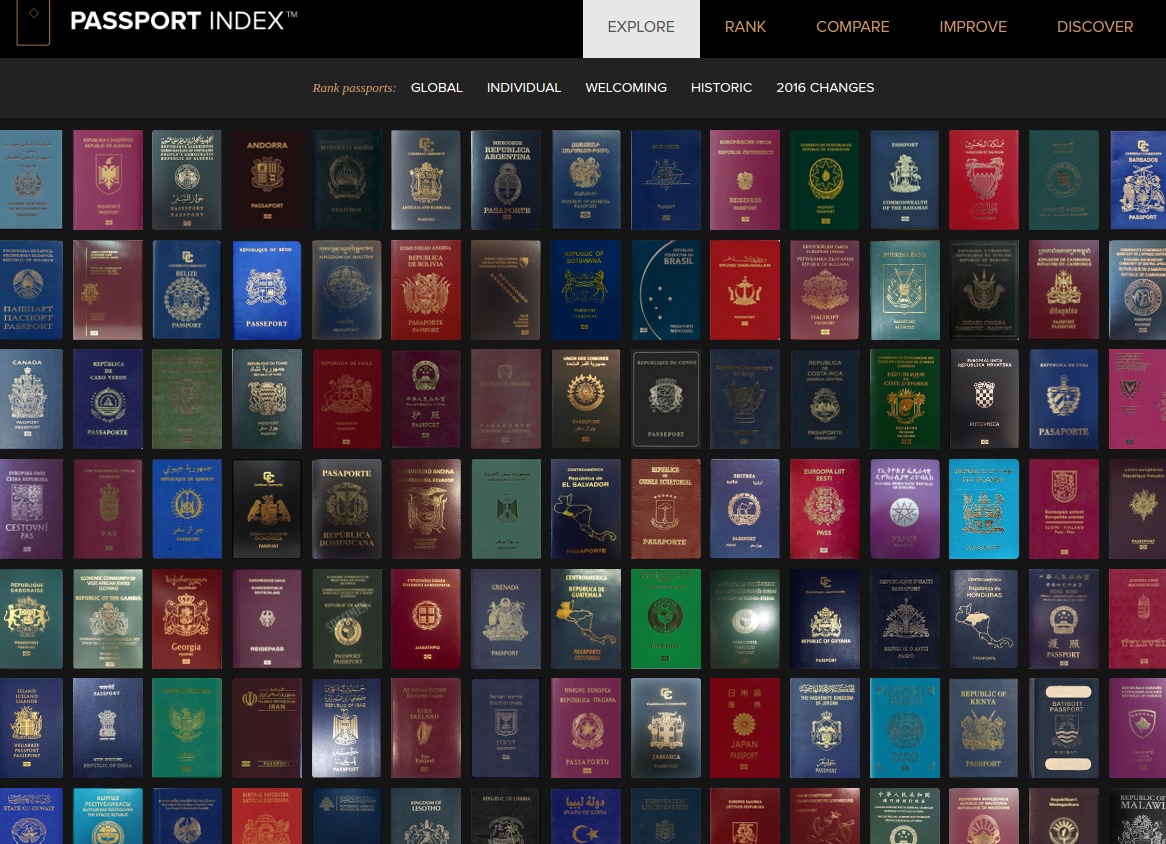[EN] [FR]
The desert front – EU refugee camps in North Africa?
by Helmut Dietrich
This article first appeared in the German journal Konkret (issue 12/2004) and traces the implementation of the creation of migrant and refugee prisons, so called off-shore centres, in northern Africa, as part of the EU’s globalisation of migration control. With the example of recent developments in EU and particularly German and Italian relations with Libya, the author highlights the relationship between military, economic and migration control agreements between the EU and third countries and documents the devastating effect these have for migrants and refugees caught up in the militarisation of the EU’s external borders.
„How can you forget the concentration camps built by Italian colonists in Libya into which they deported your great family – the Obeidats? Why don’t you have the self-confidence, why don’t you refuse?“ the Libyan intellectual Abi Elkafi recently asked the Libyan ambassador in Rome, who had initiated the country’s orientation towards the West. „The reason I write to you are the atrocious new concentration camps set up on Libya’s soil on behalf of the Berlusconi government,“ Elkafi wrote in an open letter.
In June 1930, Marshal Petro Badoglio, the Italian governor of Libya, ordered the internment of large parts of the then 700,000 inhabitants of Libya. Within two years, more than 100,000 people had died of hunger and disease in the desert concentration camps. Around the same time, Badoglio had fortified the 300 kilometre long Libyan/Egyptian border line with barbed wire fence. This is how the Italian colonists destroyed the Libyan resistance. For years, they had not succeeded – neither by bombing villages and oases, nor by using poison gas. The current Italian government laughs at any demand for compensation, Abi Elkafi writes.
Weiterlesen »


